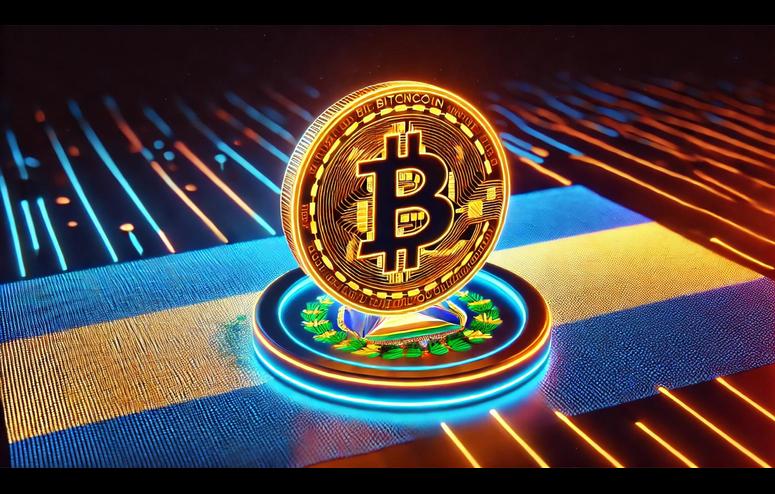Bitcoin Is Not Economically Significant In El Salvador Says GAFILAT - "The Defiant"

Global institutions are finding that El Salvador’s ambitious Bitcoin embrace isn’t disrupting the nation’s economy, but is falling short of mass adoption. Last month, the Financial Action Task Force of Latin America (GAFILAT), one of the world’s top anti-money laundering authorities and a subsidiary of the global Financial Action Task Force, concluded that Bitcoin "has not had a significant impact” on the country's economy. However, the lengthy report also identified low levels of Bitcoin adoption among El Salvador’s population, with crypto-based remittances accounting for less than 1% market share. El Salvador approved a law that made Bitcoin legal tender in the country in Sept. 2021, breaking new ground for government crypto policy. Since then, President Nayib Bukele’s government has been adding 1 BTC per day to its balance sheet, and the president has made Bitcoin a central part of his rhetoric. The report comes after a team of researchers from GAFILAT visited the country earlier this year. According to the task force, they reviewed 40 recommendations from the FATF, including the so-called Travel Rule. According to the agency’s observations, the Salvadoran financial system converted $6.6 million in BTC, a figure they considered low since it only represents 0.03% of the more than $17 billion managed by the 12 largest banks in the country. “Transactions done in Bitcoin by the Salvadoran population are limited, and there’s still a preference for dollars,” the report said. President Bukele agrees GAFILAT findings align with recent comments from El Salvador’s president, Nayib Bukele. In an interview with Time Magazine in June, Bukele conceded that Salvadoran Bitcoin adoption has not achieved the government’s expectations, Still, he described his government’s pro-Bitcoin policies as achieving a net positive. “Being a first mover gives us a small advantage,” he said. “I feel things could have been much better, I wouldn’t consider it an unequivocal success, but I do believe everything it brought us has been positive. The negative things that make noise are non-existent.” Bukele also pointed to a recent International Monetary Fund report that similarly found the risks associated with Bitcoin have not materialized. “Are the benefits as much as I’d like? No, but have they brought something bad? No. It’s a net positive,” he added. The IMF’s report concluded that while Bitcoin’s risks remain unrealized, “further efforts are needed to enhance transparency and mitigate potential fiscal and financial stability risks from the Bitcoin project.” Read More: Bukele Announces El Salvador's Bitcoin Gamble is Now Profitable
